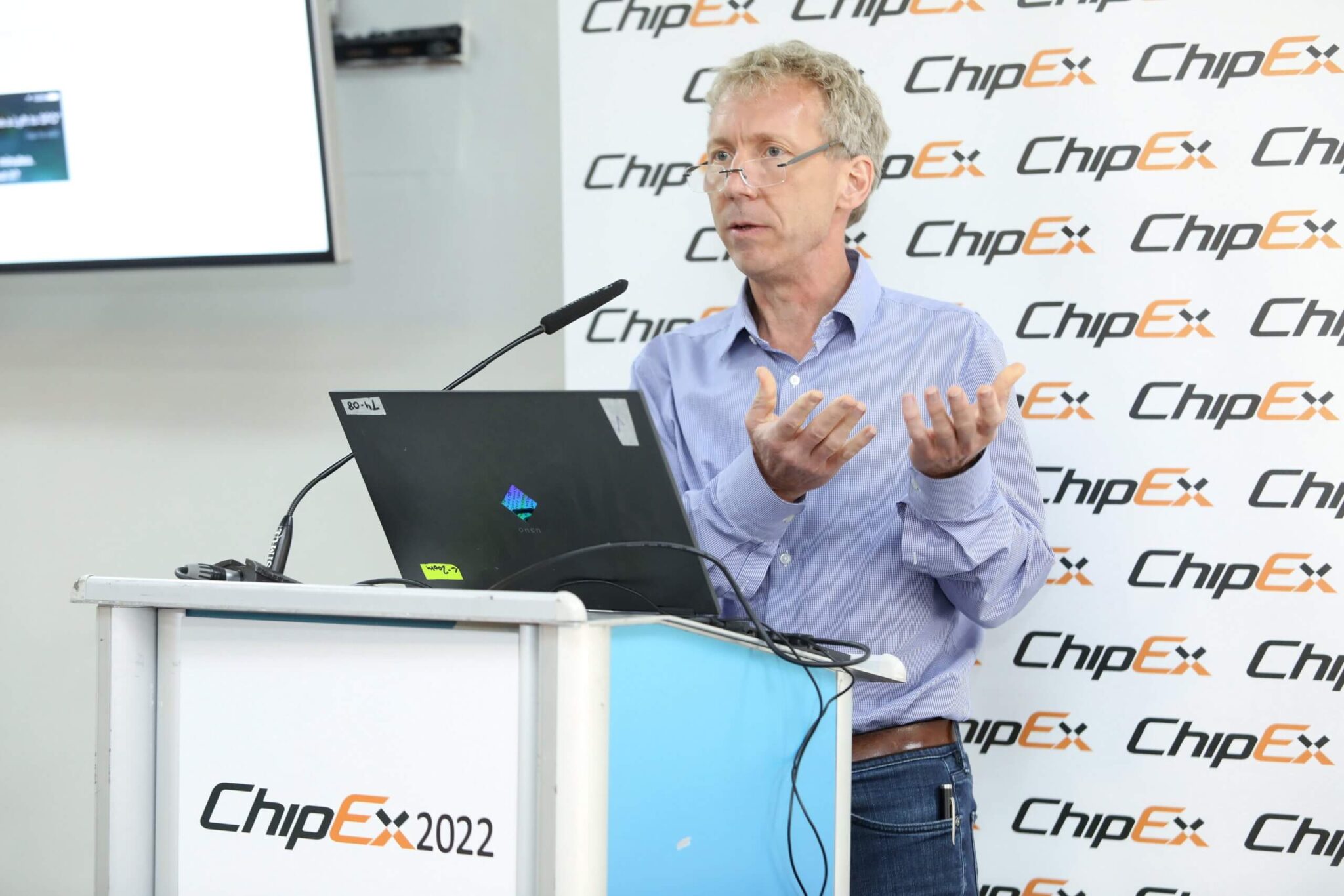The University of Michigan Faculty of Engineering team recently developed a chip that will make end devices smart. The head of the laboratory, Prof. David Blau, gave a lecture last week at the ChipEx2022 conference about the chip and the way it was developed. interview.

"I will talk about chips that will make end devices, such as phones, IOT watches, smarter. For example, they will have to send fewer images over the network to the data centers. Today these devices - including smart phones, are stupid when it comes to image processing, they send everything to the data centers and all the calculation is done there, but this causes a lot of energy to be wasted because large data centers have to be built to absorb an increasing amount of data, and also slows down the pace for users .
The chips we design make the end devices smarter so that they will call the Internet or the data center only when they have real information.
The data center field already consumes a considerable share of the total electricity output in the world, the rapid increase in the volume of data (50% per year) will also increase the need to build data centers, and therefore also the energy consumption.
"We are building accelerators for neural networks and high-speed image processing for end devices - these are new chips that will perform the required calculation instead of using the general processor that is inside the device because these processors are not efficient in applications such as image processing so that even small devices such as smart phones, watches or all devices -IOT will be able to perform such complex calculations that until now were performed on large processors in the data centers."
"Edge devices increasingly need intelligence to detect important events and make inferences at the sensor instead of sending raw data to the data centers. To meet this growing need, our lab has been working on hardware acceleration for image processing and deep learning/neural networks for some time. In image processing, we have developed some of the lowest power stereoscopic vision capability and optical flow accelerators capable of processing HD video at 30fps with only 100s of mW.”
"An interesting recent approach that our team has pioneered is the use of what is known as 'in-memory' computing or 'bit line' computing where calculations are performed directly on the bit lines in the SRAM itself. This avoids the need to transfer data from memories to the cores, thus reducing power consumption while opening up enormous parallelism presented by a large number of memory arrays in the processor. Today we also have new FPGA projects where processors adapt their memory hierarchy for better efficiency dynamically for large computing problems.”
Prof. Blau received his BA in Physics and Computer Science from Duke University in 1986 and his PhD in Computer Science from the University of Illinois at Urbana-Champaign in 1991. Until August 2001, he worked for Motorola in Austin, Texas, where he was the Director of the Design Technology Group for High Performance Products and was awarded In the Motorola Innovation Award. Since August 2001, he has been on the faculty of engineering at the University of Michigan. He has published over 600 articles, received many awards for the best articles, and holds 65 patents.
Since these are academic studies, their application is ultimately carried out by companies such as Sony, Meta and a host of startup companies, subject of course to the purchase of a franchise from the university's application company.
More of the topic in Hayadan:
- The FDA has approved the use of Wiliot's tiny chip throughout the food transportation stages
- Artificial intelligence has discovered a surprising new antibiotic
- A laboratory was launched for the use of AI for drug development in collaboration with Pfizer, Teva, AstraZeneca, Merck and Amazon
- A cognitive personal assistant, the use of cognitive artificial vision and augmented reality in industry and other systems were presented at the IBM conference in Tel Aviv

One response
I worked in a company that already 10 years ago worked on a processor that calculates things in memory. With a special processor they developed called Apa